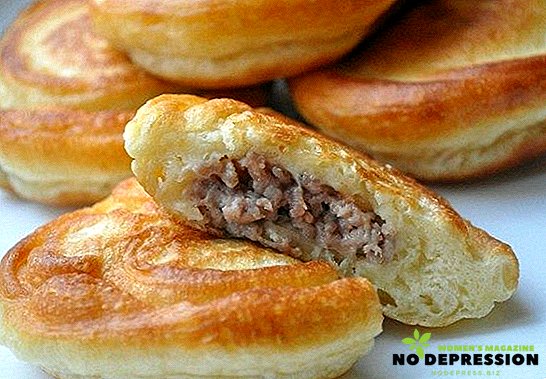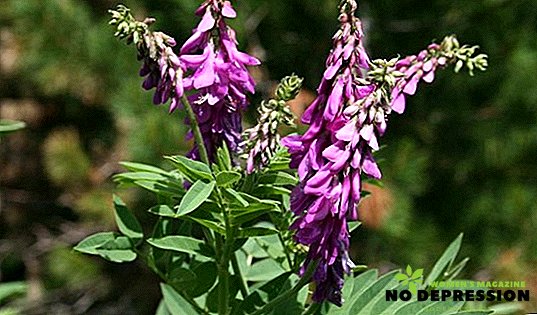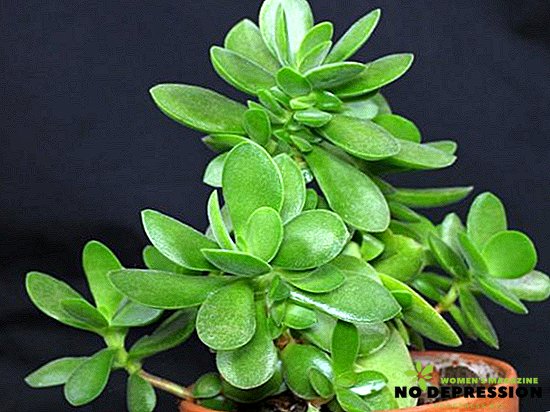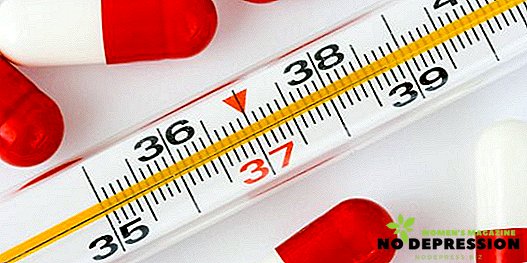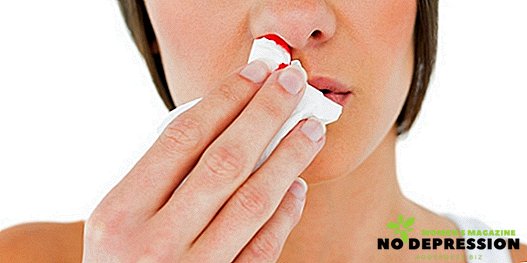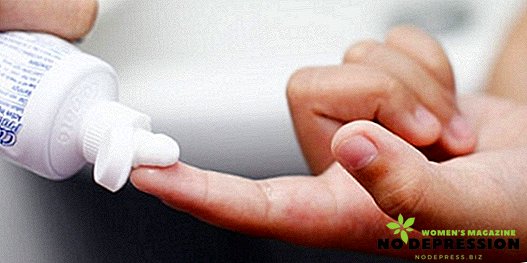The abbreviation DTP stands for adsorbed pertussis-diphtheria-tetanus inoculation. It helps prevent infection by these diseases. In children, they are distinguished by a severe course and often die from diphtheria, tetanus and whooping cough.
But since the 40s of the last century, they decided to use a vaccine, and this helped to change the situation. But the introduction of DPT can be accompanied by complications, which scares many parents and forces them to refuse vaccination.
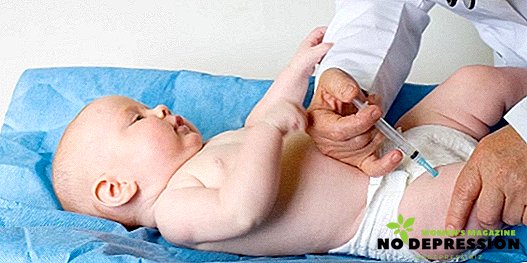
What is DTP, when and how is it done?
DTP creates protection against whooping cough, diphtheria and tetanus in the body. The vaccination procedure is carried out 3 times with an interval of 30 days, and one year after the last vaccination, revaccination is performed.
If during this period it is necessary to carry out immunization against hepatitis, poliomyelitis and hemophilic infection, the vaccine can be administered simultaneously with DTP, but provided that the injection is given in different places. The first vaccination is done in 3 months.
There are certain conditions for the procedure:
- If the child suffers from an acute respiratory illness, then the injection should be done immediately after recovery;
- With a slight cold and a slight reddening of the throat, vaccination is allowed;
- Children suffering from neurological diseases, DPT is carried out after the cessation of the development of the disease.
It is forbidden to vaccinate children in such cases:
- In the presence of rapidly developing diseases of the nervous system;
- In the presence of convulsive seizures in history.
In these cases, the vaccination is done without the pertussis component in the preparation.
If a child suffers from bronchial asthma, polycystic disease, cardiovascular diseases, chronic pathologies of the liver and kidneys, then they are vaccinated out of turn, because under these conditions the risk of developing infections increases.
Composition of DPT vaccine
DPT vaccine contains:
- diphtheria toxoid;
- tetanus toxoid;
- inactivated pertussis pathogen. These are dead bacteria of the disease, which are contained in the preparation at a dosage of 20 billion per 1 ml;
- Mertiolat preservative.
The most negatively the body of children reacts precisely to the pertussis component, since it generally contains pathogens. After their introduction into the blood, the immune system actively begins to produce antibodies, which is accompanied by a mass of adverse reactions.
In tetanus and diphtheria, the developmental features are different. It is more important that the body develops immunity not from bacteria, but from toxic substances that they produce. Therefore, the vaccine contains on the pathogens of these pathologies, and toxins.

Light effects from DPT vaccination
The easy consequences, after injection, that occur in most children are:
- Lameness. This will continue for several days, until the baby has a leg that was vaccinated;
- The formation of swelling at the injection site;
- Leg swelling;
- Development of the inflammatory process;
- Signs of a cold, in the form of cough, runny nose, fever;
- The appearance of an abscess at the injection site;
- Moodiness and drowsiness of the baby;
- The development of chickenpox.
After the introduction of DTP, the immune system is somewhat weakened, therefore, the development of a cold is possible. This consequence is not considered a deviation from the norm.
Vaccination may even result in the development of whooping cough, since immunity may not produce antibodies to bacteria.
Today, the development of an abscess after the injection practically does not occur, since the drug is injected into the front of the thigh.
In the gluteus muscle a lot of fat deposits, so the drug is not completely absorbed and may stagnate, causing an abscess and not forming immunity to whooping cough, diphtheria and tetanus.
Chickenpox does not appear because of the vaccine, but if the infection has occurred, the baby should be urgently brought to the doctor, since the immunity weakened after vaccination may worsen the course of the disease.
Serious effects after vaccination
The peculiarity of light reactions in children is that they disappear in a few days without any special treatment. But there is the likelihood of serious complications that will cause serious harm to the health of the child. The danger of DTP is that:
- neurological reaction to the pertussis component may occur. This can lead to violations of the brain, shock, convulsions, impaired consciousness. There is no exact evidence that it is the pertussis pathogen that causes these phenomena, but according to statistics, one child out of 100,000 has similar reactions. Encephalopathy develops, which leads to mental retardation. It may appear as a result of very high fever, cramps and a state of shock;
- in some cases, hypotension syndrome develops. It was observed in children under two years. The problem begins with a fever, after which lethargy and drowsiness appear. The breath is shallow and the skin is pale. Such a reaction can be observed within a few hours after vaccination, after which the child returns to normal. Although this condition has threatening manifestations, it does not cause serious disturbances in the body;
- a small percentage of children develop allergies, angioedema, and anaphylactic shock.
If the child has any suspicious symptoms, it is urgent to notify the pediatrician.

How to prepare for the procedure
After DTP, there are often negative reactions, so parents should be very attentive to this procedure. To the introduction of the drug the child needs to prepare:
- Before an injection is given, the pediatrician should examine the baby, which will exclude the presence of contraindications for vaccination;
- Take a blood test to get good results;
- For diathesis, rashes and other allergic reactions, you need to visit a doctor. In these cases, antihistamines are usually prescribed, and after they are taken, they are vaccinated.
Before the vaccination procedure itself, you must:
- Before vaccination or on the day of the procedure, the baby must empty the intestines;
- The injection should be done on an empty stomach. If the visit to the doctor is not scheduled for the morning, it is recommended not to give the child food one hour before the vaccination, and breakfast should be light. It is not advisable on this day to introduce new foods into the diet;
- Do not wear the baby too warmly to avoid overheating before the procedure;
- It would not be superfluous to give your child some water after the injection.
After the injection, doctors recommend giving children antipyretic drugs to prevent a significant increase in temperature.
Vishnevsky ointment: instructions for use drug is in the article on our website.
drug is in the article on our website.
Read about the indications for use of troxevazin tablets in this article.
From here, you will find out what treatment is indicated when Helicobacter pylori is detected.
Parent reviews
After DTP, the child had a fever, the leg became swollen and sore. On the first day after the injection, the temperature rose in the evening to 39.5, on the second to 38. The child constantly cried, pressing his legs. The state of health returned to normal after 3 days.
Natalia, 24 years old, Moscow
After DTP, the child’s temperature rose to 39 degrees. In this state, he was almost a week. The doctor diagnosed SARS. After treatment, the condition improved.
Svetlana 26 years old, Tula
I have two children. I made them all vaccinations. After DTP, there have been reactions, but everything went. They believe that children should be vaccinated, but before that they should be well examined. This is what pediatricians should do, and not allow the development of complications.
Elena, 35 years old, Khabarovsk
I do all the vaccinations, because I believe that the consequences for unvaccinated children can be much worse. And I do not want to refuse and then reproach myself all my life. After the DTP, the temperature rose a little, but after a couple of days everything fell into place.
Inna, 28 years old, Khimki
Conclusion
- DTP forms immunity in the body against whooping cough, diphtheria and tetanus. These diseases are especially hard tolerated by young children;
- The vaccine contains toxins of tetanus and diphtheria, as well as dead pertussis bacteria;
- In most cases, for several days after the injection, the child can be moody, the leg aches and swells, and the temperature rises;
- The most serious complication is encephalitis, in consequence of which autism develops, but such reactions occur once per 100 thousand;
- To avoid serious complications, the child should be carefully examined before the procedure;
- Parent feedback on DTP is completely different. Many refuse vaccination because they are afraid of side effects.
Also, a lot of useful information about DPT vaccination can be obtained from Dr. Komarovsky from the following video.


